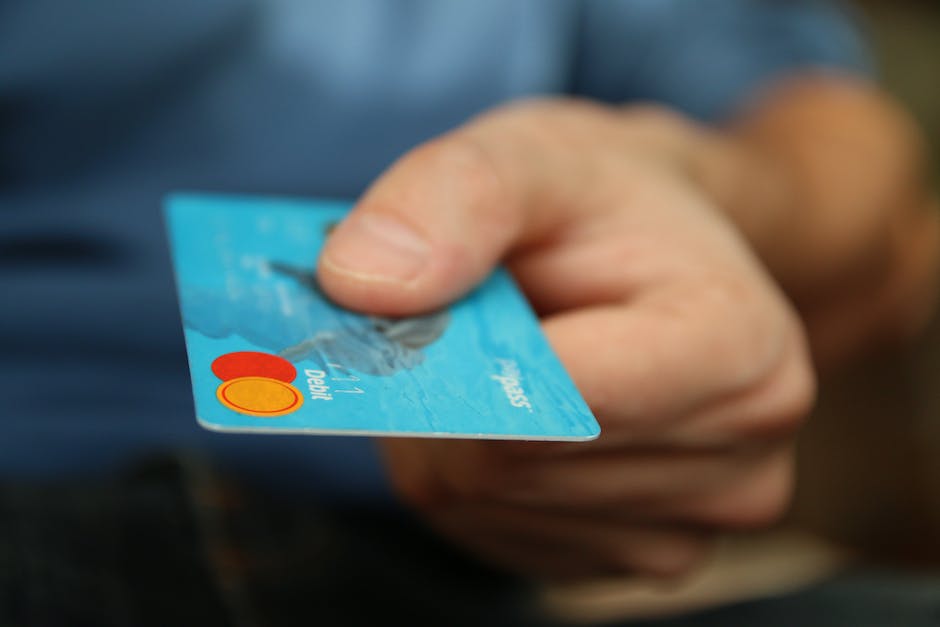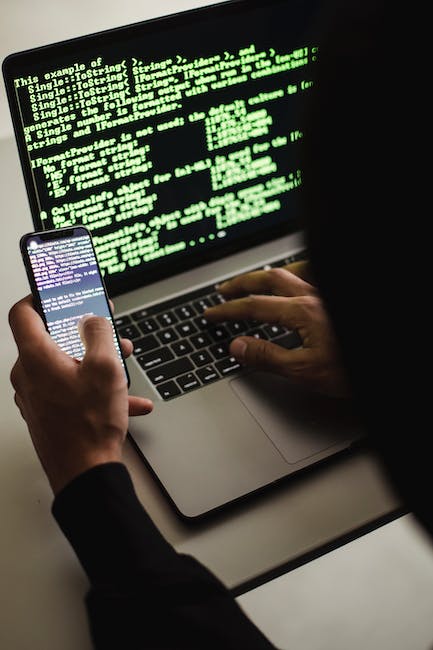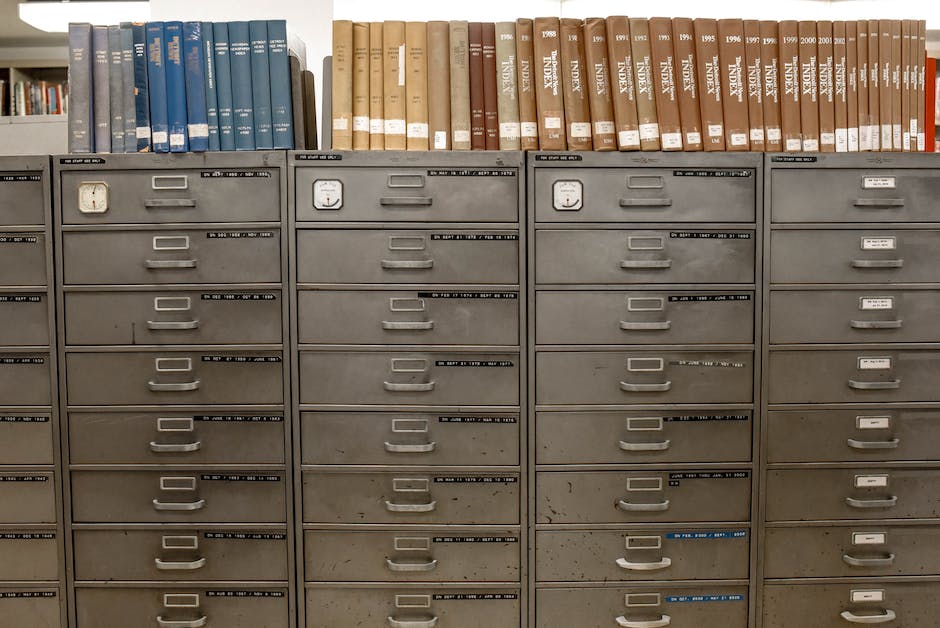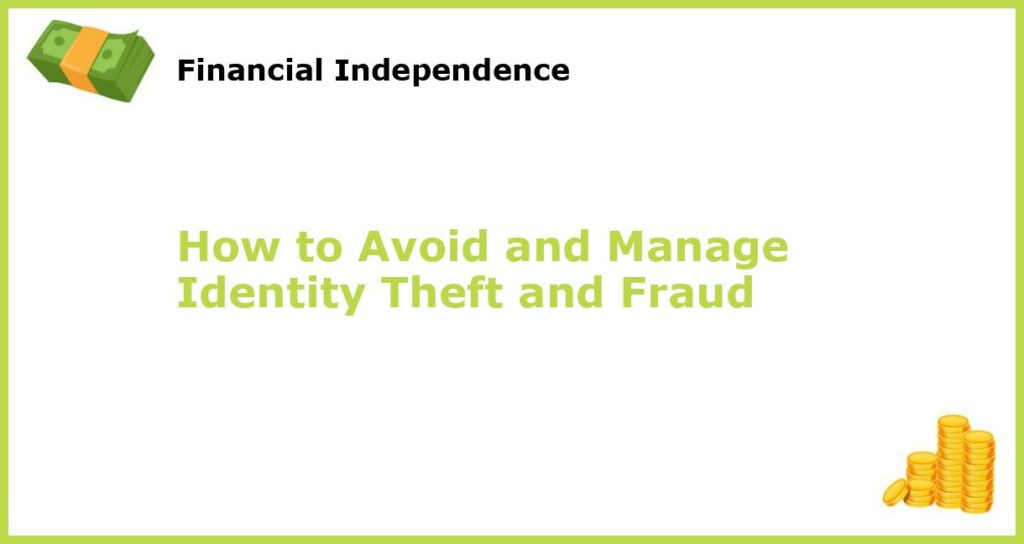If you’re like most people, you probably use your name, social security number, and credit card details every day without thinking twice. But what happens when someone else gets their hands on this information? Identity theft and fraud can be devastating, leaving you with debt and potentially damaging your credit score. Fortunately, there are many steps you can take to protect yourself and manage the risks.
What is Identity Theft and Fraud?

Identity theft and fraud occur when someone steals your personal information and uses it without your consent. This can include your name, Social Security number, birthdate, credit card details, and more. Once the criminals have this information, they can open credit accounts, apply for loans, make purchases, and wreak havoc on your financial life. It’s important to take measures to protect your personal information and prevent these crimes from occurring in the first place.
Protect Your Personal Information

The first step in preventing identity theft and fraud is to protect your personal information. Be cautious about sharing sensitive data with unknown or suspicious sources, and never share your passwords with anyone. Use strong passwords or biometric identification to secure your electronic devices, and avoid using public Wi-Fi networks to access sensitive data. If you receive an unsolicited request for personal information, don’t respond.
Monitor Your Accounts

It’s also important to regularly monitor your financial accounts and credit reports to detect any signs of identity theft or fraud early on. Check your bank and credit card statements regularly for any unauthorized transactions, and review your credit reports from the major credit reporting agencies at least once a year. Be alert for any signs of suspicious activity, such as unknown credit inquiries or collections. The earlier you detect fraud, the easier it is to limit the damage.
Be Wary of Scams

Criminals use a variety of scams to steal personal information, and it’s important to be aware of these risks. Some common scams include phishing emails or phone calls, fake websites, and malware-infected links. If you’re not sure about a request for personal information, don’t click on links or download attachments from unknown sources. Verify the request with the legitimate source if possible.
Report Suspicious Activity

If you suspect identity theft or fraud, it’s important to report it immediately to the relevant authorities, such as your bank, credit card issuer, or the Federal Trade Commission (FTC). You can also place a fraud alert or credit freeze on your credit reports to prevent further damage. Keep detailed records of your communications and actions for future reference. The more information you have, the easier it is to recover.
Stay Up-to-Date

Identity theft and fraud are constantly evolving, and it’s important to stay up-to-date on the latest threats and trends in cybersecurity. Follow reputable news sources and subscribe to alerts from your bank or credit card issuer. Educate yourself on the risks and best practices for protecting your personal information. The more knowledgeable you are, the better equipped you are to avoid falling victim to these crimes.
Be Careful with Social Media

Social media can be a goldmine of personal information for criminals, especially if your profiles are public or you share sensitive data online. Be careful about what you post on social media, and avoid giving out personal information. This includes your address, phone number, birthdate, or other details that could be used to steal your identity. Be skeptical of friend requests or messages from unknown or suspicious accounts, and use privacy settings to limit who can see your posts.
Protect Your Mailbox

Your mailbox can also be a vulnerability when it comes to identity theft and fraud. Criminals may steal your mail to access sensitive information like credit card statements, bank statements, or pre-approved credit offers. Use a locking mailbox or a post office box instead of your home mailbox. Retrieve your mail promptly after delivery, and shred any sensitive documents before throwing them away.
Secure Your Physical Documents

Identity thieves can also steal physical documents like your passport, driver’s license, or Social Security card. Keep these documents in a safe place, such as a locked drawer or safe, and only carry them with you when you need them. If you lose a physical document, immediately report it to the relevant authorities and monitor your accounts for any suspicious activity. Don’t make it easy for criminals to use your personal information against you.
Consider Identity Theft Protection

If you’re concerned about identity theft and fraud, you may want to consider using an identity theft protection service. These services can monitor your credit reports, financial accounts, and personal information for any signs of suspicious activity and can alert you to any potential threats. However, be sure to choose a reputable provider and read the terms and conditions carefully as these services may not be foolproof or may come with hidden costs. Protecting your personal information is an ongoing process, and there is no one-size-fits-all solution. But by taking these steps and staying vigilant, you can minimize your risks and keep your finances and your identity secure.







